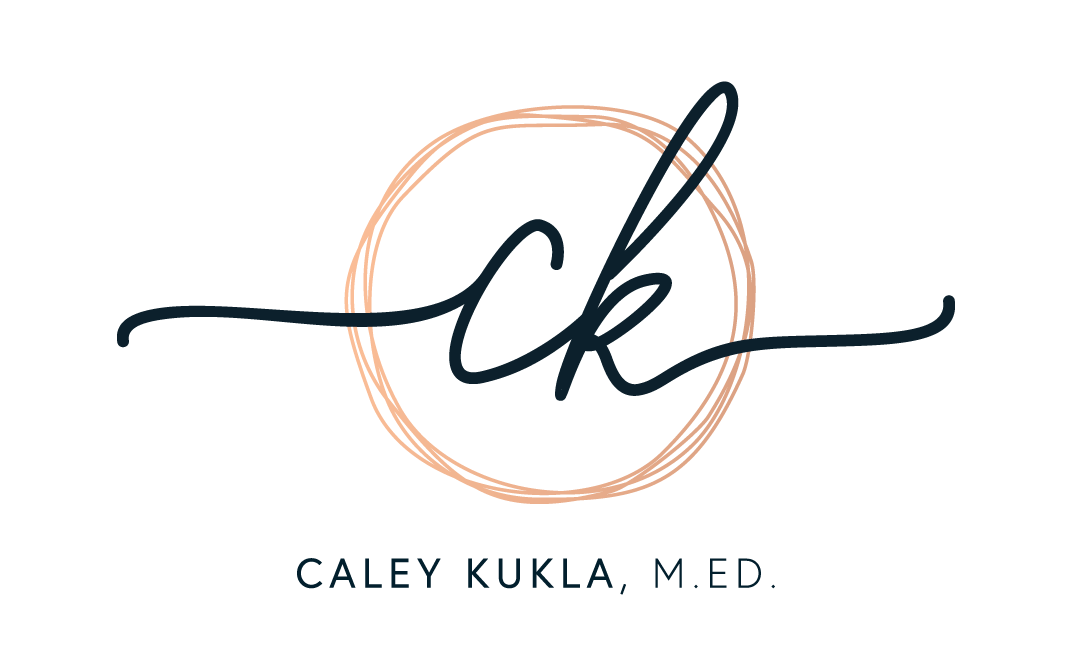It’s Not Just The Weather: Why Spring Brings Big Feelings (and What You Can Do)
Spring feels like a fresh start for many of us—longer days, bright green leaves, and summer feels SO CLOSE! But for young children, spring can also bring a surge of big emotions that catch families off guard.
Every year, right around Spring Break, I start to hear from more and more parents about sudden behavior changes:
Morning meltdowns that come out of nowhere
School refusals and increased anxiety
Kids getting stuck in indecision—or the opposite, becoming overly rigid about tiny details
Explosive reactions to small problems
New fears or heightened sensitivity
While these behaviors can be frustrating (especially when the school year is nearly over and we expect routines to feel predictable), there’s a deeper layer at play: children feel the upcoming life shifts.
Even if no one’s mentioned it outright, they’re picking up on the subtle signals—talk of “next year,” reminders to be “ready for Kindergarten,” or changes in classroom rhythm. For a young child, this is a lot to process. Uncertainty—whether exciting or scary—activates their nervous system. And when a child’s nervous system is on high alert, we tend to see stress behaviors, even if they can’t verbalize their feelings.
These behaviors aren’t misbehavior. They’re signals.
And there’s one small shift you can make today that can start easing the pressure: celebrate their growth, not pressure.
Celebrate Growth, Not Pressure
One of the most powerful tools we have as parents is reflection. When a child is feeling unsure about what’s next, we can ground them in the truth of what they’ve already done.
Pull out photos or work samples from the beginning of the year and compare them to now. Celebrate the tangible growth. You might say:
“Wow, remember when you only knew a few letters? Now you know them all—and you’re reading books!”
“Look at your school shirt—it used to be so big, and now it barely fits. You’ve grown so much this year!”
“You used to need help opening your snack bag, and now you do it all on your own.”
These moments do more than just make you smile—they help your child see themselves as capable. They shift the conversation from what will be harder to what I can already do. And that builds confidence.
You could even take it a step further by creating a simple list together:
“Things I didn’t know in August”
“Things I’ve learned”
“What I want to learn next”
This kind of reflection gently introduces the idea of next year—without the fear.
Want More Support With Transitions?
This small shift is just one of several I’ll be sharing in the upcoming Big Transitions, Big Feelings workshop. We'll explore:
How to reframe “moving up” language to reduce anxiety
Why common phrases like *“You’ll have to do this all by yourself in Kindergarten”* can accidentally create stress—and what to say instead
Simple daily routines that build emotional security during times of change
How to help your child prepare for what’s ahead without overwhelming them
You'll leave with practical tools, scripts, and visuals you can start using right away to bring more confidence and calm into your home.
And if you’re craving ongoing support, conversation, and a network of compassionate parents who get it, the COR Membership might be just the right next step. We take big concepts—like transitions, meltdowns, emotional regulation—and break them down into simple, do-able shifts you can make in real life.
You’re doing a incredible work and I’m honored to be here to support you.
Wishing you well,
Caley
